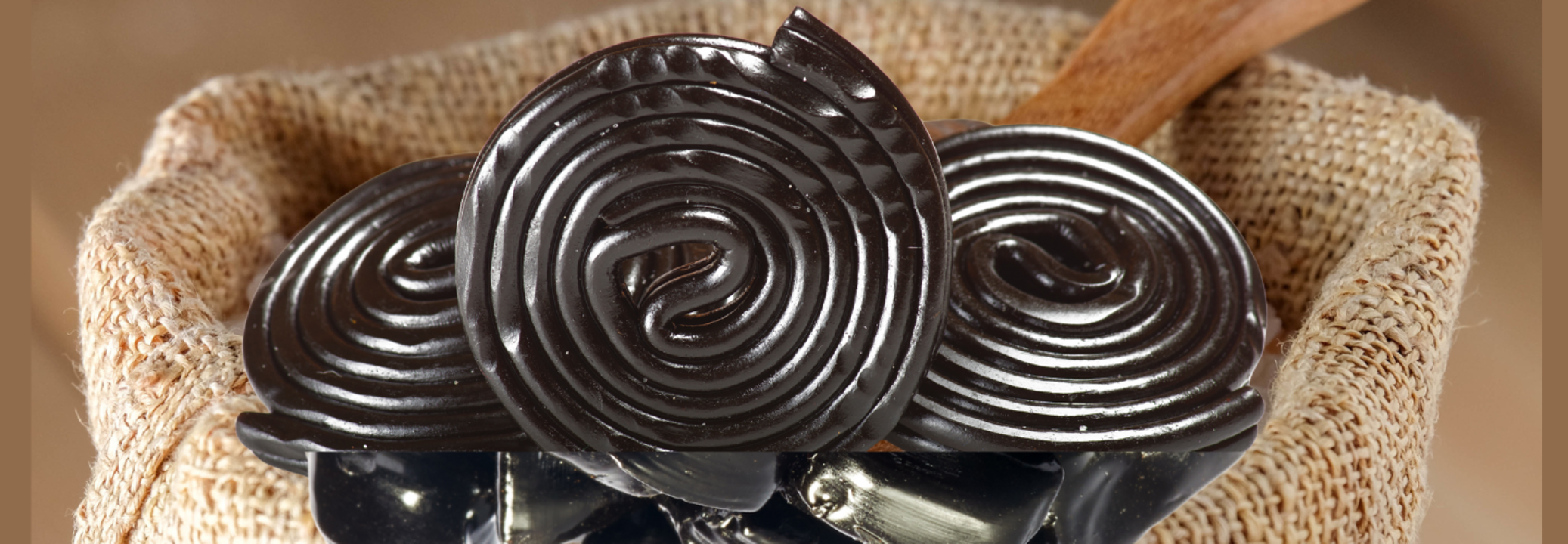54-Year-Old Man’s Heart Stopped After Eating Too Much Licorice

SummaryA 54-year-old Boston man suffered fatal cardiac arrest after consuming excessive black licorice, which caused dangerously low potassium levels, leading to heart rhythm issues and multiorgan failure.
End of Article
